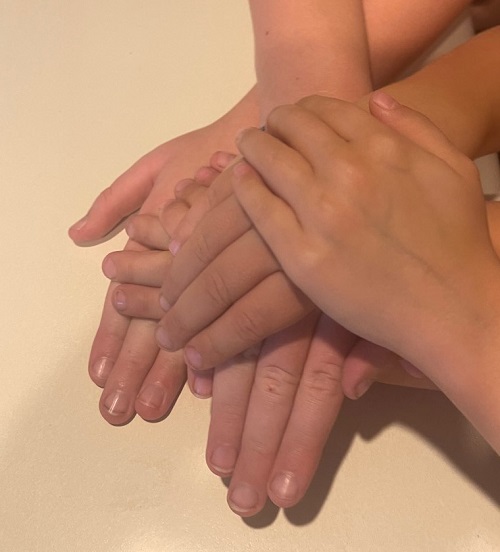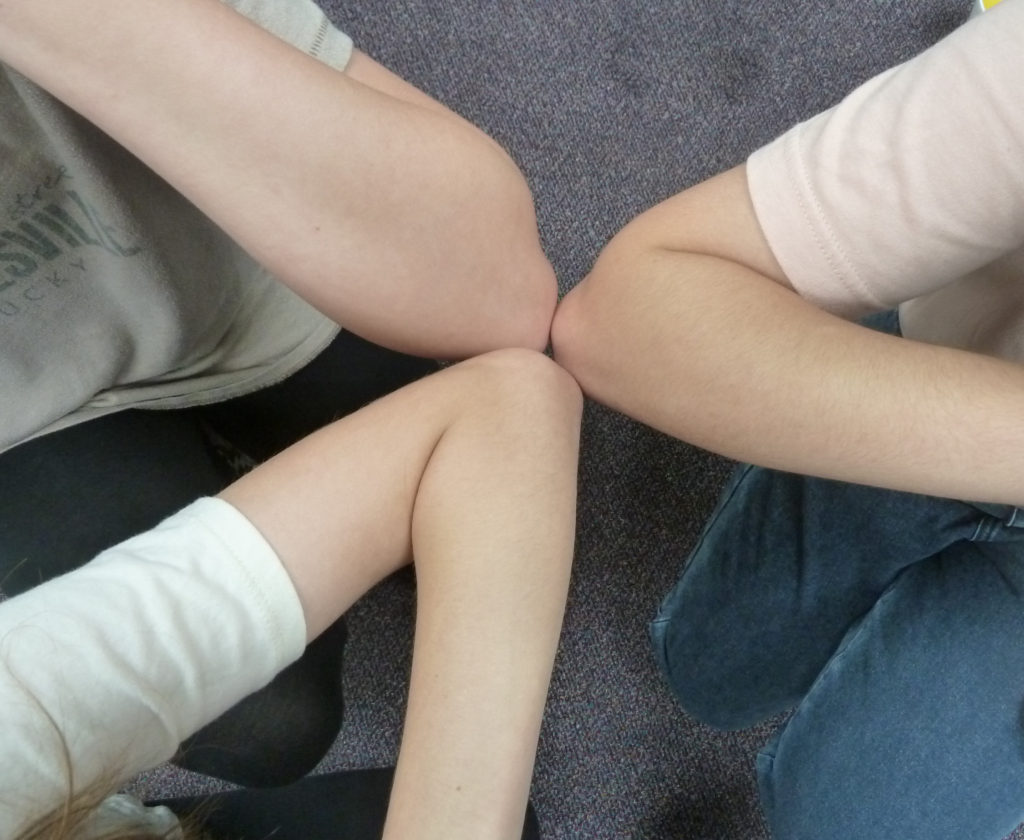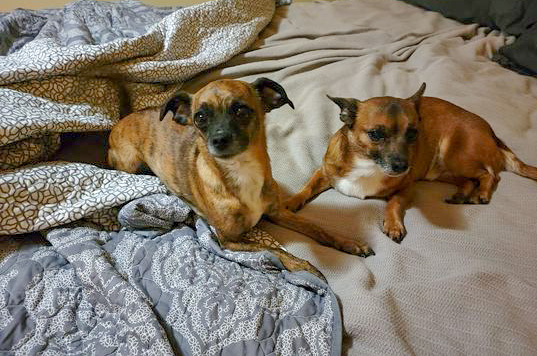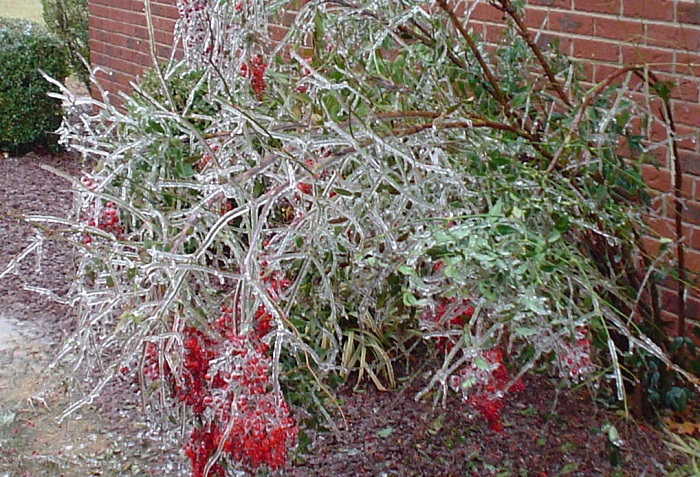Go Off the Deep End
 As children, my sister, brother, and I loved to go off the deep end of a swimming pool. We wanted to see what was under the water. Usually, we found nothing but the bottom of the pool.
As children, my sister, brother, and I loved to go off the deep end of a swimming pool. We wanted to see what was under the water. Usually, we found nothing but the bottom of the pool.
In contrast, a dive into the depths of rivers or oceans reveals a new world. We find ourselves surrounded by:
- Fish
- Rocks
- Plants
- Other natural wonders
However, a word to the wise: Learn to swim before jumping into deep water.
To go off the deep end means to act crazy.
What we do makes no sense. Our behavior may result from feeling:
- Upset
- Angry
- Excited
- Grieved
- Lovesick
We go overboard.
When we go off the deep end, we let our emotions take control.
Like a person who can’t swim but jumps into deep water, we fail to use reason. We overreact. We:
- Speak before we think
- Hurt others or ourselves
- Act before we get the facts
- Withdraw from sources of help
- Move too fast in a relationship
God gave us emotions, but God also gave us brains. Let’s use our heads for more than hat racks.
“Leave behind your foolishness and begin to live; learn how to be wise” (Proverbs 9:6 TLB).
Thanks to Janna Babak for the suggestion.
Do you have an expression you want explained or a thought about this one? If so, please comment below.
Subscribe to receive my weekly posts by email and receive a free copy of “Words of Hope for Days that Hurt.”
If you enjoyed this post, please share it with your friends.








